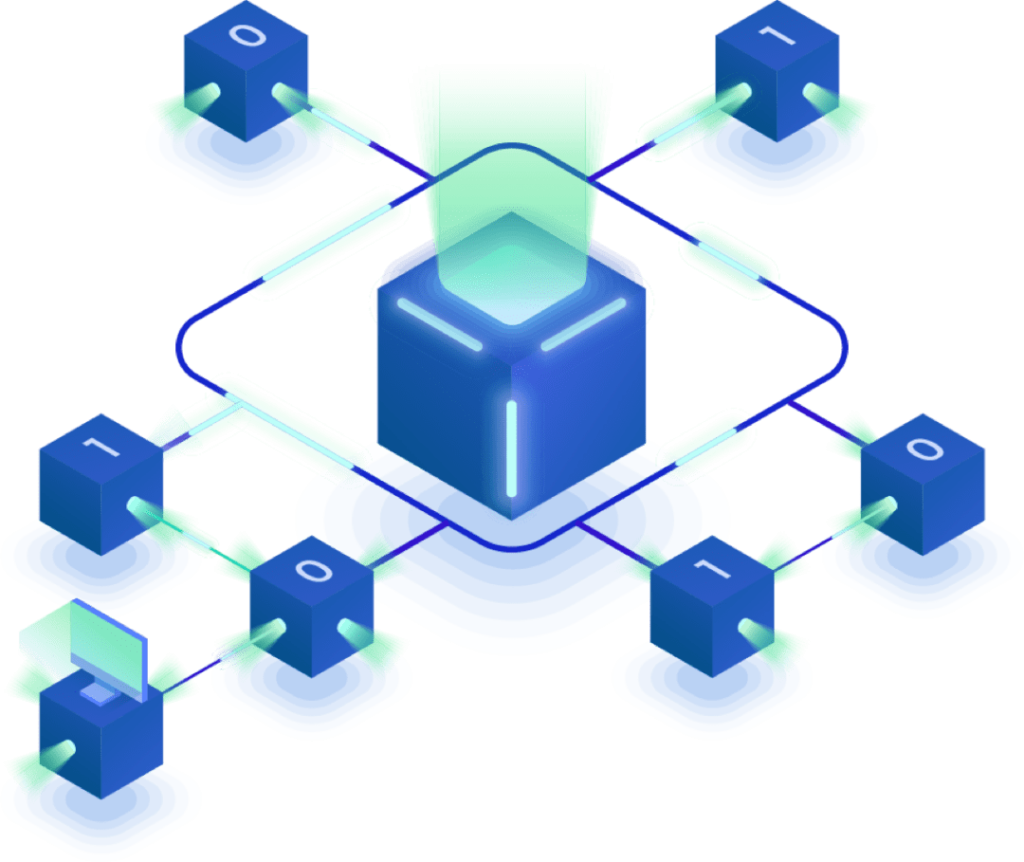Many paradigms, such as legal ones, are broken by blockchains, particularly public ones like bitcoin. As a result, entering into an intriguing transition period in which subsequent application areas will run into legal norms that are not always related to the current reality.

Blockchains are distributed and decentralised. It’s nearly impossible to figure out who’s in charge of what happens on the blockchain and how personal data is processed.
Blockchains are open to the public and completely transparent. Everyone has access to critical data on a blockchain, including personal data. It is not possible to modify or remove data stored on a blockchain. Final transactions cannot be reversed.
How are blockchains an excellent way to protect personal data?
Blockchains are distributed and decentralised. Currently, our data is processed by several trusted third parties. Because these organisations are centralized, they because most as server failure. Cybercrime frequently results in massive data leaks due to an invasion of a singular body, like a hospital or an email provider. Humans currently have no direct control over a white who or how our data is processed. In reality, the data controller has only limited control over their data. The topic loses track of how the information is used after it is transferred.
Blockchains are extremelyhighly secure. Blockchains provide a relatively secure way of storing and handling data, including personal data, through cryptography and structurally ingrained economic incentives for networking.
Blockchain is beneficial in the various scenario: a group of entities would benefit from doing business around each other, but due to security as well as trust concerns, one of two factors happens: either no business is done, or it is done inefficiently. Blockchain lays the technical groundwork for mistrusting parties to conduct business in a manner that restricts their actions to how much they have agreed.
Why Would You Want to Make Your Blockchain?
Let’s begin by taking a quick look at how a blockchain is. A blockchain is a digital log of money transfers, which is why it’s ideal for currency. It’s also decentralised, which implies it doesn’t rely on a central power server.
Many situations where a database system would be helpful can benefit from blockchain technology. It’s an excellent technology for any database-type application where multiple people or gadgets write to a single database because of the efficient asset trust model.

You might use blockchain technology for several reasons, as we’ve mentioned and demonstrated above. It’s a powerful tool because of its relative ease of use and lack of data loss.
As you might have predicted based here on the site you’re reading; Blockchain technology has a bright future as just an essential component of the Internet of Things.
Personal health records (PHRs): Can Blockchain be of any Help?
In addition to safely managing data, blockchain technology has significant advantages in supplying data access, control, and possession to end-users. The use of personal blockchain to generate electricity personal health records is particularly appealing because of this feature.